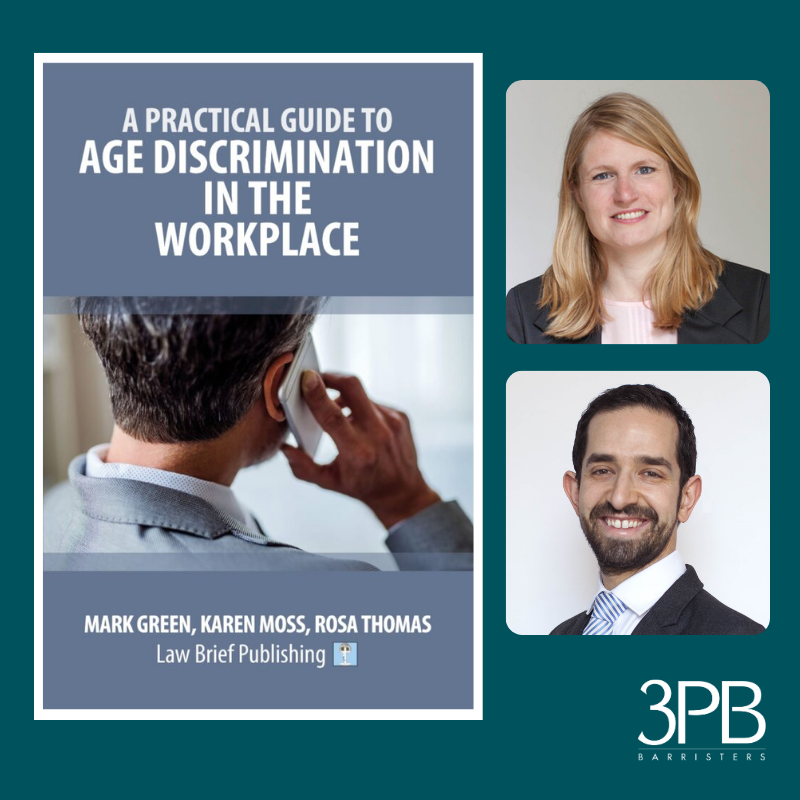Alex Leonhardt appears in the EAT
27th May 2025

Employment law specialist Alex Leonhardt (pictured here) appeared in the Employment Appeal Tribunal this spring in Kokomane v Boots [2025] EAT 38, the judgment of which has recently been published. Alex represented the Respondent at both the final hearing and at appeal.
The case concerned the proper interpretation of s.27(2) of the Equality Act 2010 in order to determine whether statements made were protected acts, in circumstances where there was not evidence of a clear or explicit statement made by the Claimant of an allegation of discrimination under the Act.
In the case in question, one of the claimed protected acts was a verbal statement made in a grievance hearing, the notes of which were unclear and ambiguous, and in relation to the meaning of which the Claimant was able to offer no evidence the final hearing.
The Claimant relied, inter alia, upon the fact that she was the only full-time black employee at the business and complaints of being treated differently were therefore, at least impliedly, allegations of discrimination.
HHJ Beard summarised the relevant law in such situations as follows:
“It appears to me the law could be summed up in this way: what is necessary is that the ET should take account of all of the factors that are provided in the information given by the employee to the employer. In addition the ET needs to consider that information on the basis of how it would be understood by the employer in context. It would be understood by the employer, in part, because of the general facts about the employee and the place of work, which the employer would know of in any event. In terms, that the employee’s complaint should be considered by the ET by examining the way that it would be understood by the employer. When the employee makes the complaint explicit that will be an easy task. When the complaint is oblique the context becomes important.”
He considered that, in this case, the ET had not shown in their judgment that they had come to conclusions in respect of what the employer would have understood the Claimant to have been saying by the relevant statements, by reference to relevant contextual matters:
The law clearly requires the ET to consider context. The ET found facts which demonstrate the context. What is not clear, in my judgment, is that they have analysed those facts as part of the context in which the claimant’s complaints would have been understood by the respondent.
Click here to read the judgment.
To instruct Alex or for more information, please contact his clerk Russell Porter.

